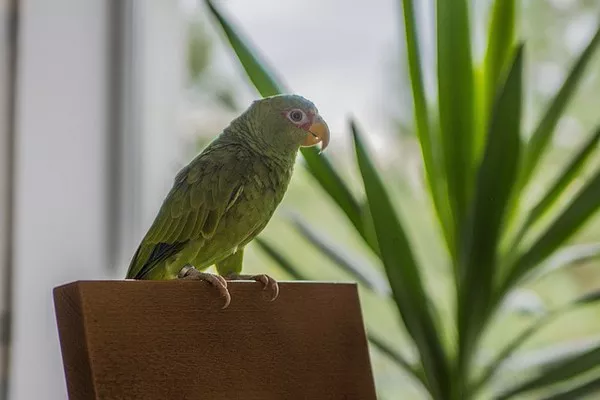In a world increasingly affected by the far-reaching consequences of global warming, agriculture faces a myriad of challenges, from unpredictable weather patterns to the rise in natural disasters. These impacts resonate significantly in an industry reliant on stable climates for consistent food production. Hishtil, a pioneering player in the plant industry, confronts these challenges head-on, presenting innovative solutions to mitigate the effects of climate change on plant growth. Haim Rosenblum, an expert from Hishtil, delves into the profound influence of global warming on agriculture and introduces some groundbreaking solutions offered by the company.
Understanding the Global Warming Challenge
Rosenblum begins by emphasizing that the term “global warming” refers to the continual increase in the Earth’s average temperature and attributes this phenomenon largely to human activities that release greenhouse gases. The consequences of global warming, such as desertification, extreme climate events, and natural disasters, have a cascading impact on agriculture globally. Desertification, characterized by arid or semi-arid areas becoming increasingly dry and barren, disrupts farming in many regions, posing challenges for crop cultivation and livestock rearing.
Unstable weather patterns complicate planting and harvesting schedules for farmers, leading to decreased yields. Floods, droughts, and heatwaves, intensified by global warming, further damage crops, affecting food prices, availability, and the livelihoods of farmers. Natural disasters, increasingly prevalent due to climate change, wreak havoc on agriculture-dependent communities, amplifying the economic repercussions.
Specific Effects of Climate Change on Agriculture
Rosenblum highlights specific effects of climate change on agriculture and horticulture, emphasizing changes in temperature, precipitation patterns, increased incidence of pests and diseases, and alterations in soil quality. These factors collectively impact the growth rate, yield, and quality of crops, requiring adaptive strategies to ensure agricultural sustainability.
Introducing Durabello®: Resilient Plants for Challenging Environments
Recognizing the urgent need to address the challenges posed by global warming, Hishtil has introduced the “Durabello” series, a remarkable solution designed to thrive in severe weather conditions. Rosenblum explains that Durabello plants exhibit exceptional resilience to extremes of temperature, whether cold or heat, and are well-equipped to withstand droughts and other environmental stressors. This resilience positions them as ideal choices for growers and gardeners navigating the complexities of climate change.
Grafted Vegetables: A Sustainable Approach to Climate-Resilient Agriculture
Hishtil’s commitment to innovation extends to grafted vegetables, offering a promising solution for cultivating crops in stressful environments. Grafted plants involve the fusion of young plants onto selected rootstocks better suited for challenging conditions. Rosenblum emphasizes the advantages of grafted vegetables, citing their durability in extreme weather, enhanced productivity, resistance to soil diseases, and reduced water and fertilizer requirements compared to traditional crops. The improved root systems of grafted plants delve deeper into the soil, efficiently accessing water and nutrients.
A Sustainable Future Despite Global Warming
In conclusion, Rosenblum underscores that global warming poses a significant threat to global food security and livelihoods. However, proactive measures, such as prioritizing soil health, developing drought-resistant crops, and adopting efficient water management practices, can help alleviate these challenges. With innovative solutions like grafted vegetables and the Durabello series, Hishtil empowers farmers and home growers to confront the adversities of climate change, ensuring the continued success of crop cultivation and plant growth.


